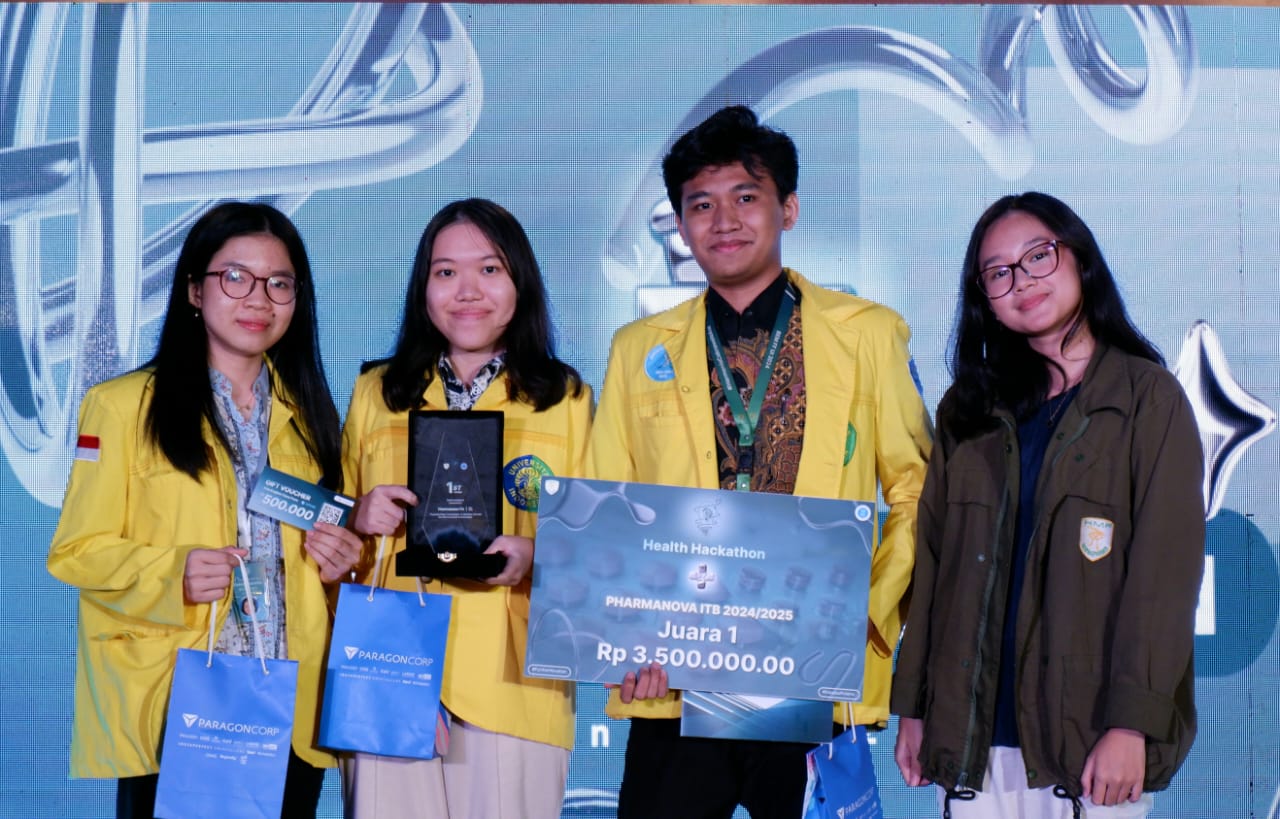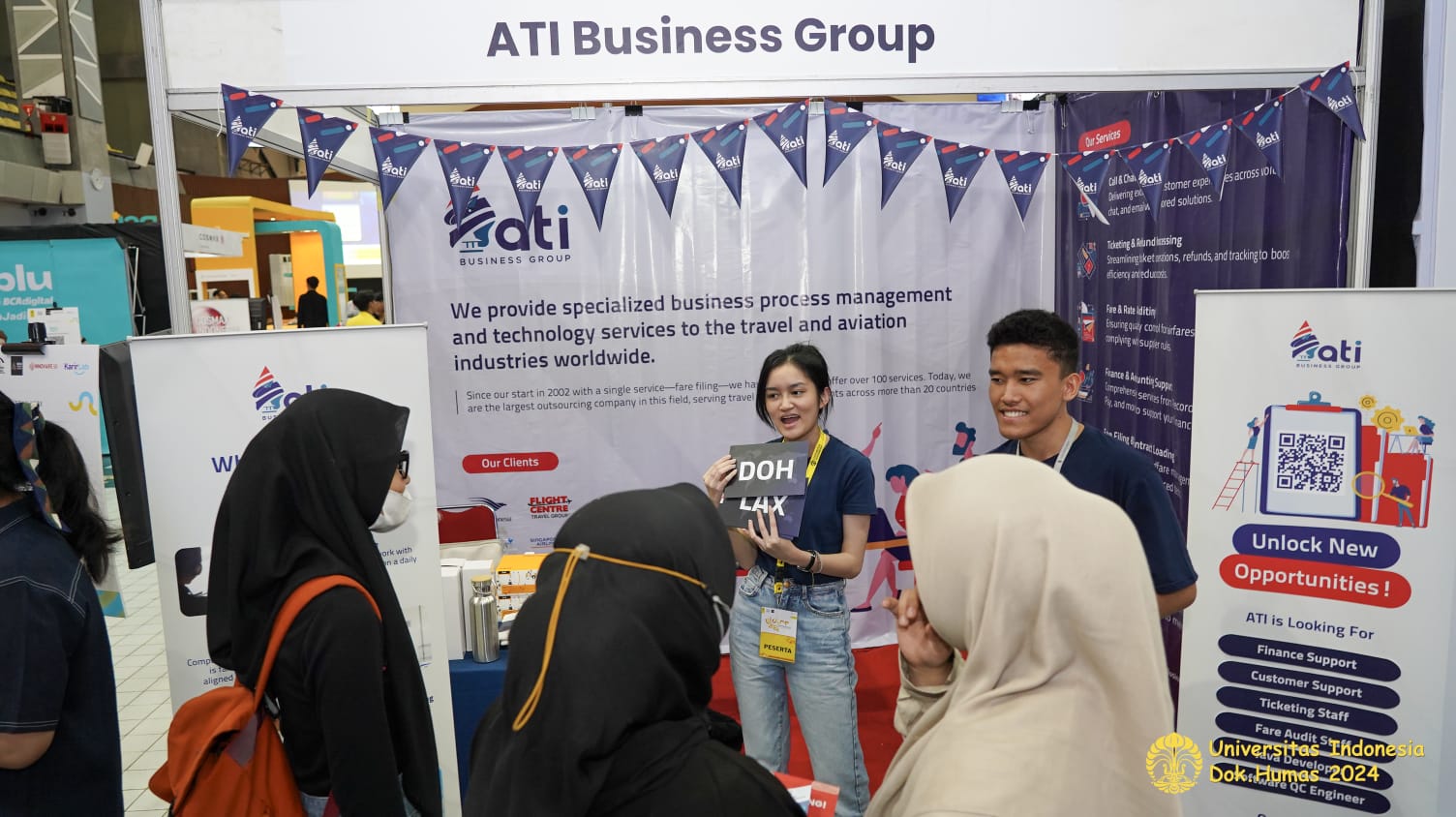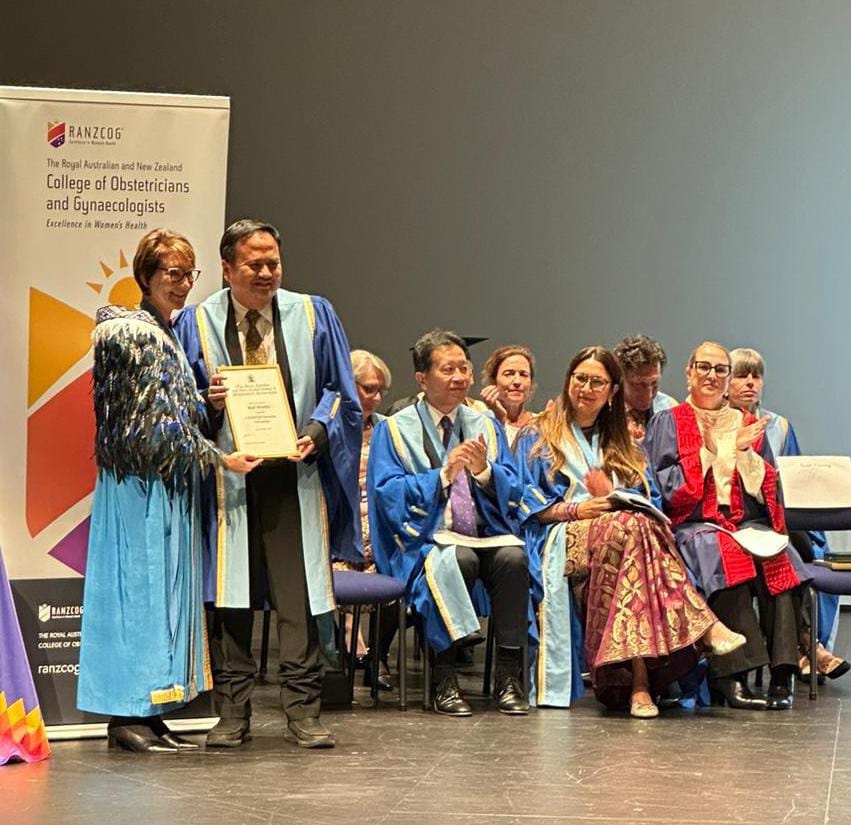Depok, November 3rd 2023. The Indonesian language is one of the main foundations in the formation of the Indonesian nation. The role it plays is crucial, as stated in the Youth Pledge where the youth of Indonesia promises to uphold the national language of Indonesia. It has been 95 years since the Youth Pledge was initiated, and the Indonesian language continues to undergo transformation. The presence of various slang languages which are now more widely used by the public, especially the younger generation, has become a concern for many parties because they are often seen as threatening the dignity of the Indonesian language.
However, according to Dr. Untung Yuwono, a lecturer at the Department of Linguistics, Faculty of Humanities (FIB) Universitas Indonesia (UI), the widespread use of slang is nothing to worry about. Slang is a natural language register for young people to use because it shows young people’s creativity in language. In general, young people always pay attention to the appropriate situations for using slang, for example, it is limited to communicating socially with peers.
“What is commonly feared is that young people will use slang regardless of the situation. Whenever they communicate, what they use is language filled with forms of slang, including when they write formal genre texts, such as scientific works, or when giving oral presentations in formal situations. It’s not uncommon for teachers to complain that students use the word “guys” to greet the audience, for example, spontaneously when they are assigned to give an oral presentation,” said Dr. Untung.
Language was born because of the human need to convey ideas. Dr. Untung believes that the biggest factor in the emergence of new language trends, including slang, is the need for young people to socialize with others. Following the development of the character of young people who are dynamic, agile, and continue to develop in an effort to actualize themselves, linguistic forms in slang also show the creativity of young people with changes to the slang language.
Dr. Untung said, “For example, the word bestie as a greeting emerged because of the need to get closer to friends or show closeness to good friends. The MLYT abbreviation of meleyot, which has recently become trendy, also emerged because of the need to express feelings which young people may think are insufficient if expressed with existing words such as the word awe, which may not completely convey the feeling of being so stunned that the whole body become weak, unable to move.”
In fact, slang can enrich Indonesian vocabulary. Even though they are still classified as conversational register languages, slang words such as mager, lebai, and cogan have now been included in the The Great Dictionary of Bahasa (KBBI). Young people can also popularize words in dictionaries that are rarely used, such as the words cuak or cuaks which are currently trendy to refer to feelings of fear or trepidation, which are actually already in the KBBI.
Along with the development of social media which is accommodated through technology and information, the characteristics of current slang also follow the characteristics of written communication which requires brevity in language. Due to the limited display space on devices, many forms of slang have emerged in the form of abbreviations or acronyms, such as baper (involving feelings into matters), bucin (slave of love), gaje (unclear), gercep (moving quickly) and japri (personal network/personal chat).
A characteristic of the current slang language trend that never appeared in the past is the combination of modes of communication. This means that slang does not only use letters, but can also be combined with numbers, emojis, images and stickers. With the occurrence of globalization, Indonesia’s young generation also often absorbs slang from other foreign languages, generally English, when communicating informally in written media, for example ASAP (As Soon As Possible), btw (by the way), otw (on the way), and so on.
Although slang plays an important role in social interactions, Dr. Untung said that slang had a negative influence on the young generation’s skills in speaking Indonesian properly and correctly. However, he believes that young people will continue to learn language as they age, develop psychologically, and continue their education so that they are ultimately able to choose appropriate linguistic forms according to their context.
“Primary and secondary education is the key to developing language quality. The biggest challenge in learning Indonesian today, regarding the use of slang which may be disturbing to some Indonesians, is actively instilling students’ language knowledge and habits to know in what situations they use appropriate linguistic forms. This encourages good use of Indonesian,” said Dr. Untung, who is also the Vice Dean for Education, Research and Student Affairs, FIB UI.



